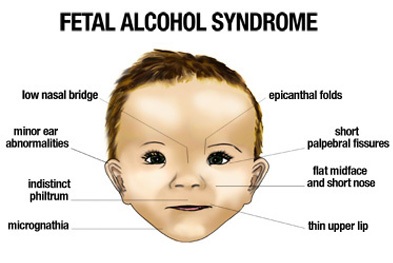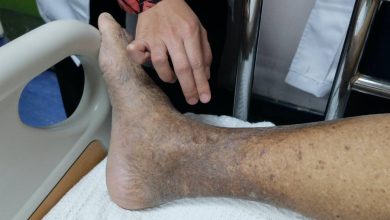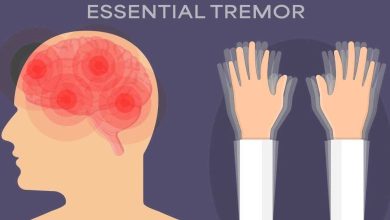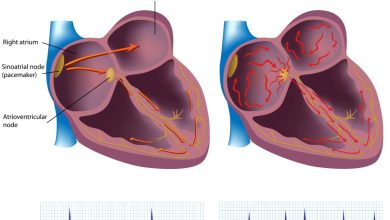Fetal Alcohol Syndrome Causes, Symptoms, Diagnosis and Treatment

What Is Fetal Alcohol Syndrome?
Fetal alcohol syndrome is growth, mental, and physical problems that may occur in a baby when a mother drinks alcohol during pregnancy.
The problems caused by fetal alcohol syndrome vary from child to child, but defects caused by fetal alcohol syndrome are irreversible.
Cause Of Fetal Alcohol Syndrome:
Fetal alcohol syndrome usually occurs when a pregnant woman has more than four standard drinks per day while milder symptoms have been found with two drinks per day during the early part of pregnancy.
Drinking alcohol while pregnancy leads to:
- Alcohol entering the bloodstream and reaches the developing fetus by crossing the placenta
- Higher blood alcohol concentrations in the developing baby than in the mother’s body because a fetus metabolizes alcohol slower than an adult does
- Interference with the delivery of oxygen and optimal nutrition to the baby’s developing tissues and organs, including the brain
Symptoms Of Fetal Alcohol Syndrome:
Children with fetal alcohol syndrome exhibit the following symptoms:
- low birth weight
- small head circumference
- failure to thrive
- developmental delay
- organ dysfunction
- facial abnormalities, including:
- smaller eye opening
- flattened cheekbones
- poor coordination/fine motor skills
- poor socialization skills, such as difficulty building and maintaining friendships and relating to groups
- lack of imagination or curiosity
- learning difficulties, including:
- poor memory
- inability to understand concepts such as time and money
- poor language comprehension
- poor problem-solving skills
- behavioral problems, including:
- hyperactivity
- inability to concentrate
- social withdrawal
- stubbornness
- Impulsiveness
- anxiety
Diagnosis Of Fetal Alcohol Syndrome:
The following exams and tests are conducted in order to diagnose fetal alcohol syndrome:
- A physical exam of the baby showing aheart murmur or other heart problems
- Blood alcohol level in pregnant women who show signs of being drunk (intoxicated)
- Brain imaging studies (CT or MRI) after the child is born
- Pregnancy ultrasound
The Doctors May Also Assess:
- The occurrence of drinking during the pregnancy
- Physical appearance and distinguishing features
- Physical growth and development
- Brain growth and development
- Cognitive ability and learning and language development difficulties
- Health issues
- Social and behavior problems
Treatment Of Fetal Alcohol Syndrome:
There is no cure for fetal alcohol syndrome. The symptoms may persist for a lifetime. Yet treatment is available in order to manage it.
Intervention services which may help involve:
- A team that includes a special education teacher, a speech therapist, physical and occupational therapists, and a psychologist
- Early intervention to help with walking, talking and social skills
- Special services in school to help with learning and behavior issues
- Counseling to benefit parents and the family in dealing with a child’s behavior problems
- Medications to help with some symptoms
- Medical care for health problems, such as heart abnormalities
- Treatment of the mother’s alcoholism to enable better parenting and prevent future pregnancies from being affected
By : Natural Health News




